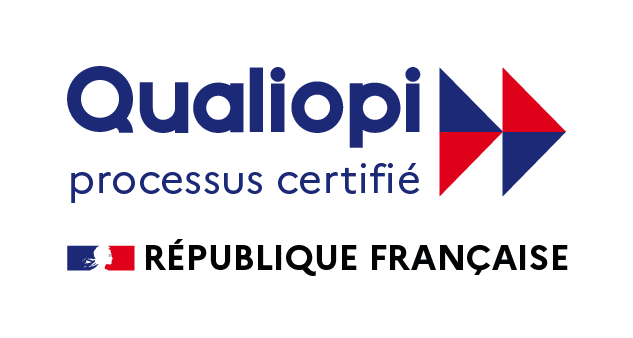The health crisis has led to a historically high number of resignations in France. There are likely to be more than 520,000 RESIGNATIONS
¹
per quarter in 2022 (+17% on 2019). This phenomenon particularly affects junior talents: 42% OF TALENTS UNDER 35 are considering leaving their jobs²(OpinionWay survey for Indeed). Driven by new priorities, talented talents are looking for a balance between their professional and personal lives, more flexible working conditions, more meaning in their missions…
So, how can we retain these young talents and make them the driving force behind the company in this uncertain and changing context? We have analyzed the data from our virtual reality and online experiences carried out by our customers. Discover in this infographic the 4 KEY BEHAVIORAL SKILLS to target among your under 35s, and how to develop them ⬇
DOWNLOAD THE INFOGRAPHIC ON THE SKILLS OF YOUNG TALENTS
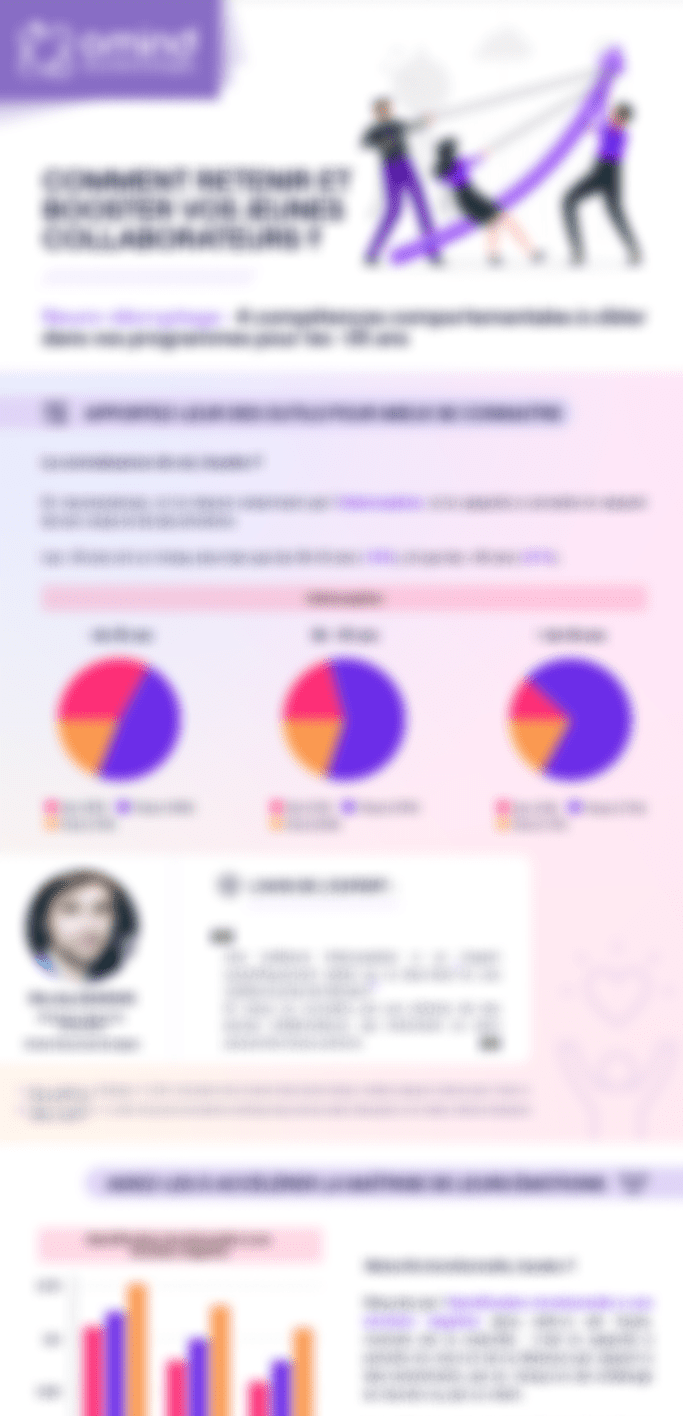
DO YOUR YOUNG TALENTS TRULY KNOW WHO THEY ARE?
Interception
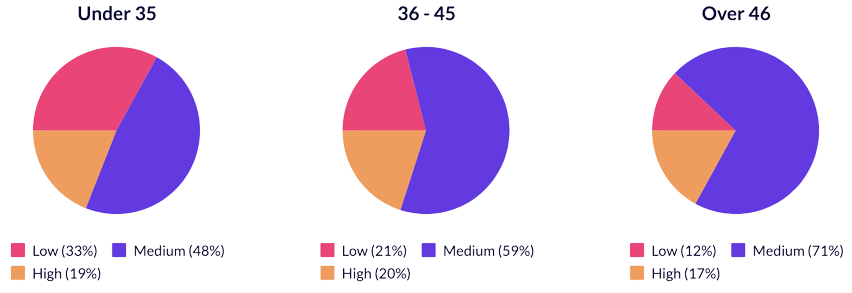
KEY SKILLS TO TARGET IN YOUR PROGRAMS FOR PEOPLE UNDER 35
Find out more in the infographic ⬇
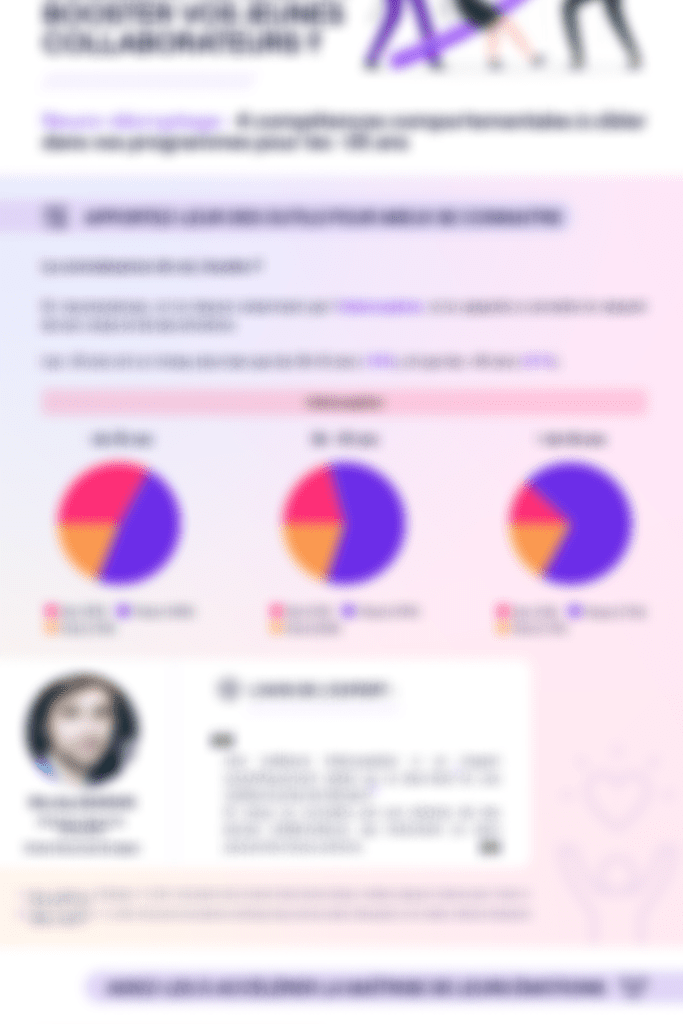
Bonus: A few tips for upskilling your young talents
- INNOVATE YOUR DEVELOPMENT PROGRAMS: set up engaging, fun training programs that enable your talents to work on their soft skills while having fun and anchoring these behaviors in their daily lives. For example, an Omind training program combining neuroscience and virtual reality engages more than + 8/10 LEARNERSand MULTIPLYING THE ROI BY 3 for soft skills programs.
- TEACH THEM TO BE ASSERTIVEbuild their self-confidence through small group exercises. Each person in turn takes the lead and proposes a number of ideas on a variety of subjects, while having to convince his or her peers of the validity of the ideas put forward. The aim is to get them out of their comfort zone, so that they learn to assert themselves and become leaders in the face of uncertainty and change.
- TRAIN FUTURE ‘MANAGERS – COACHES’: your young talents are increasingly looking for close, inspiring and human management. This type of leadership encourages secure, engaging environments in which young talents feel confident and entitled to express their own ideas. 72 % of companies that have used manager-coaches to develop their teams’ potential have seen a clear improvement in their skills (ICF 2020 Study).
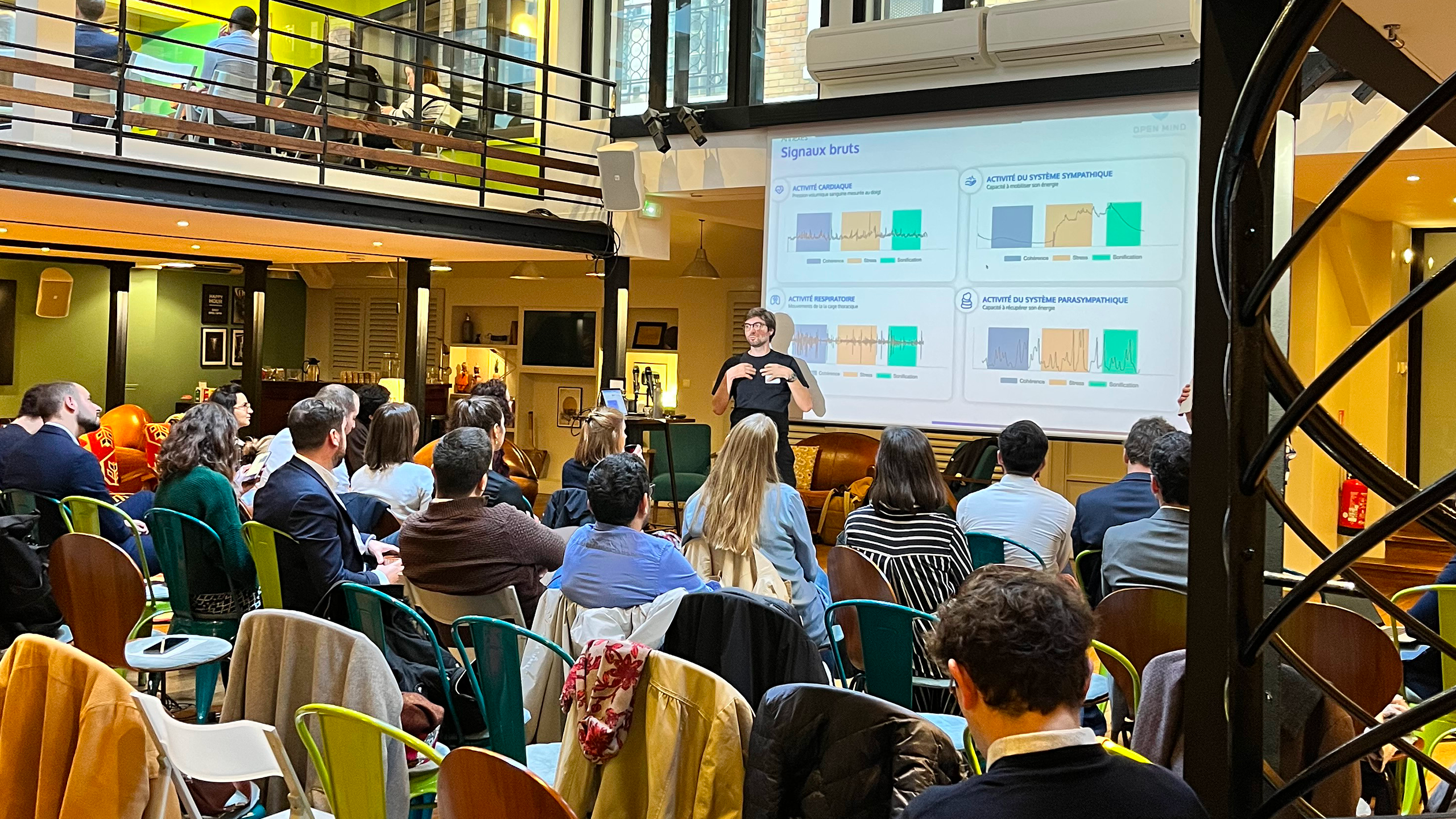
Omind Neurotechnologies helps your young talents to better understand their cognitive and emotional mechanisms, to develop their leadership skills and teach them to assert themselves, innovate and dare… Key behaviors to make them ACTORS OF CHANGE in your company.
¹ https://dares.travail-emploi.gouv.fr/publication/la-france-vit-elle-une-grande-demission
² OpinionWay survey for Indeed conducted between April and May 2022
³ Kirk, U., Downar, J., & Montague, P. R. (2011). Interoception drives increased rational decision-making in meditators playing the ultimatum game. Frontiers in neuroscience, 5, 49.
⁴ Kiaei, Y. A., & Reio Jr, T. G. (2014). Goal pursuit and eudaimonic well-being among university students: Metacognition as the mediator. Behavioral development bulletin, 19(4), 91.
